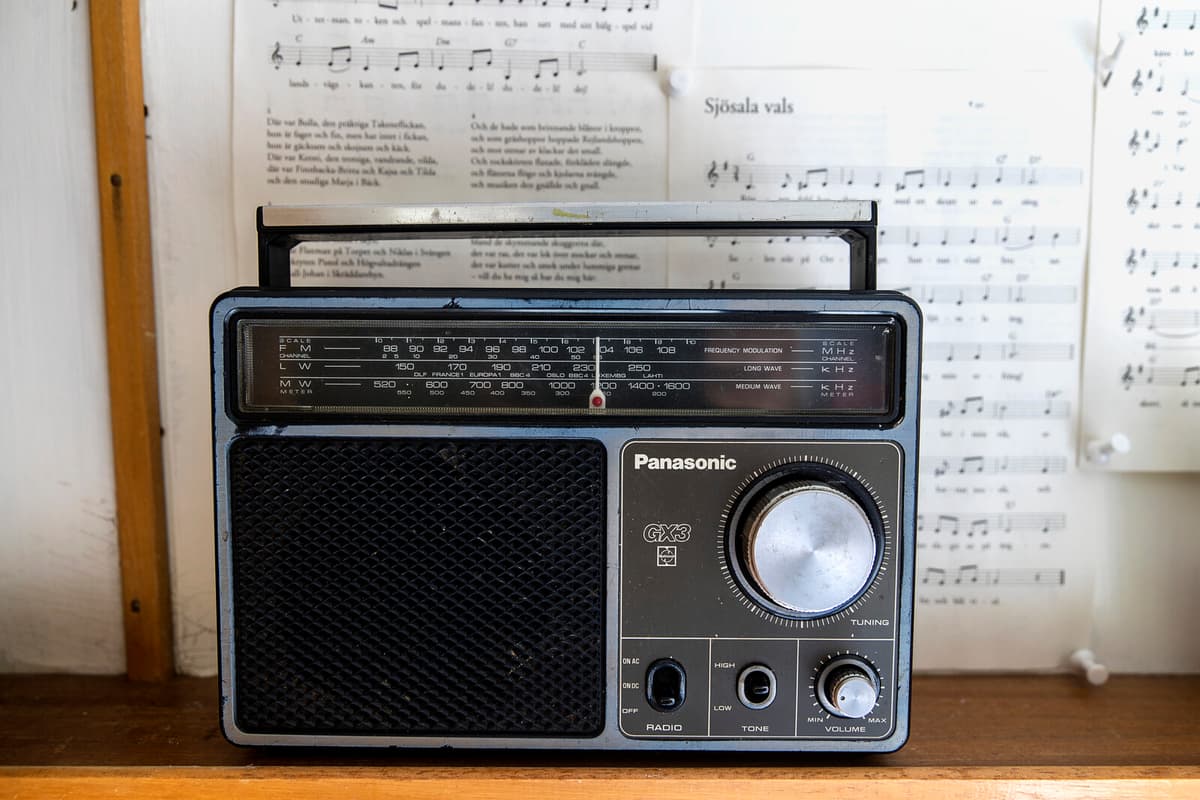Since commercial radio was introduced in Sweden in 1993, the frequencies for private stations have been allocated through a closed bidding process, where the highest bidder has been granted a broadcasting license.
Now, the government has sent out for consultation a proposal to abolish this system, introduced by the previous bourgeois government, and replace it with a new system featuring fixed criteria and a new broadcasting fee, says Culture Minister Parisa Liljestrand (The Moderate Party) in connection with the presentation of the culture budget.
The purpose of this is, of course, to create good conditions for a long-term sustainable commercial radio operation and a broad range of offerings for different interests, she says.
Critics of the current system have pointed out that it favors large national and international media giants that dominate the Swedish private radio market with a uniform range of offerings.
Smaller actors with a more niche range of offerings have had difficulty making their mark. Many in the radio industry have long argued for a change.
For me, who really believe that we need a media market characterized by both a strong public service and competitive private media, this feels naturally very good, says Liljestrand.
The new rules will be applied for the first time when new licenses come into effect on August 1, 2026.






